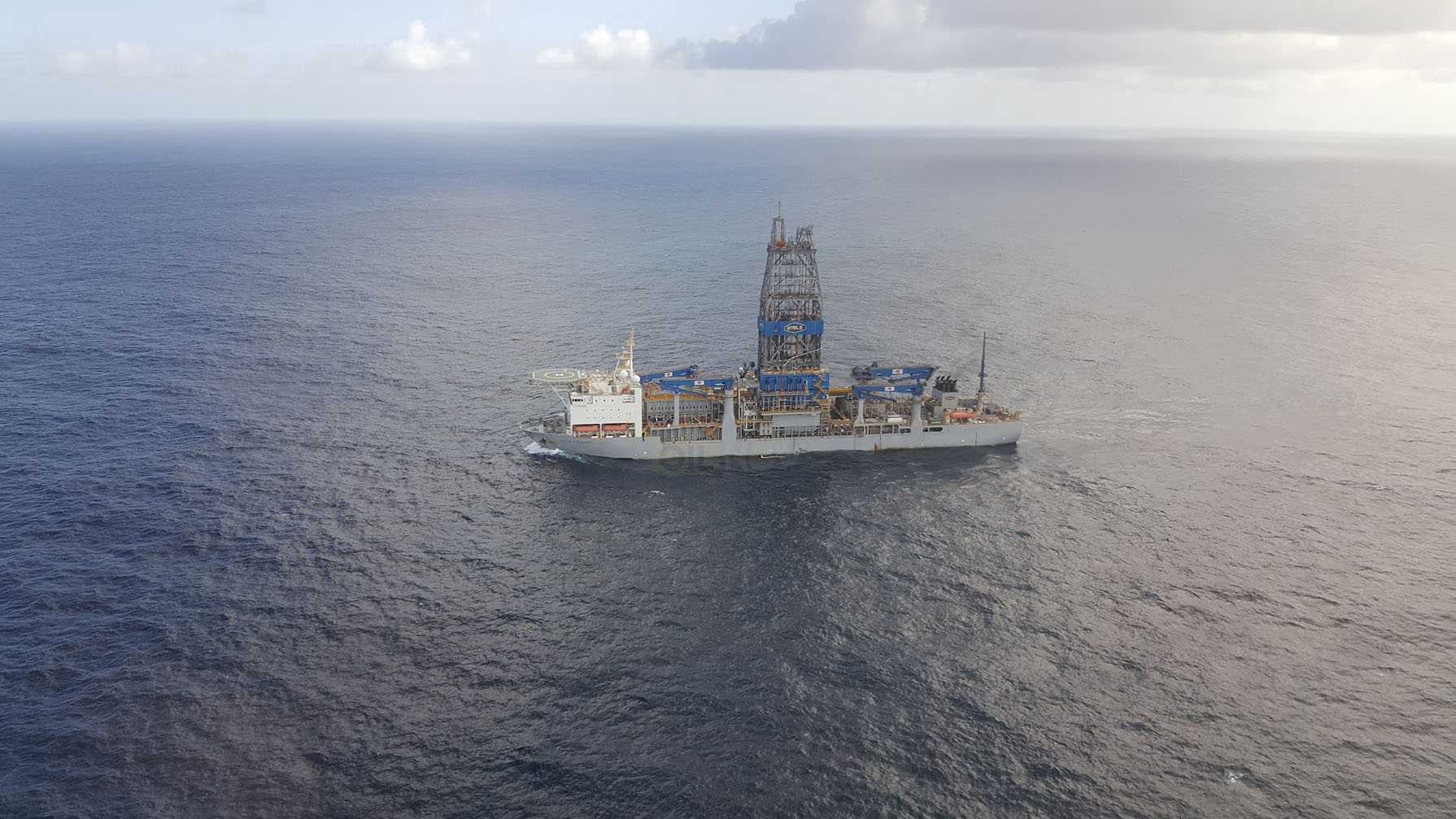The Food and Agriculture Organisation (FAO) of the United Nations has found no correlation between the oil and gas activities offshore Guyana and low catches that are sometimes experienced by local fisherfolk.
In fact, FAO has found that while the oil and gas activities are taking place far beyond the main fishing zone, the floating production, storage and offloading units (FPSO) that are being used offshore Guyana can actually serve as an aggregation point for pelagic fishing in the same way as would fishing aggregation devices. These are man-made objects used to attract ocean-going pelagic fish.
This much has been communicated to the media by Vice President Dr. Bharrat Jagdeo during his most recent press conference.
Studies have not shown oil and gas operations driving impact on fisheries – Exxon Official | OilNOW
FAO’s report is yet to be released. However, Mr. Jagdeo was keen to put on record that there is no “conspiracy” surrounding the non-release of the report.
He said, “the reason the Minister (of Agriculture, Zulfikar Mustapha) has not released it as yet is not because there is a conspiracy. But it says, ‘second draft’, and until it is finalised by the FAO, we cannot release it.”
Mr. Jagdeo said that in the interim, being that there is nothing to hide, he can state some of the main findings.
He said that on page 33, it is stated, “Currently, there are no major construction activities associated with the oil and gas sector in Guyana that are directly affecting marine or coastal habitat. Oil has been exploited from drill ships or floating production platforms rather than permanent rigs; and no pipelines are being used or under construction.”
The Vice President further read, “The floating drilling rigs might serve as an aggregation point for pelagic fishing in the same way as fish aggregation devices attract fish. Current oil and gas related activities are taking place far offshore, well beyond the major fishing zone on the continental self.”
Mr. Jagdeo continued, “Any impact of the floating oil and gas infrastructure is therefore only likely to affect positively or negatively the industrial line fishery for large pelagic fishes. While production in this fishery dropped in 2020 it fully recovered in 2021.”
He said that the full report can only be made available after all final edits are made.



